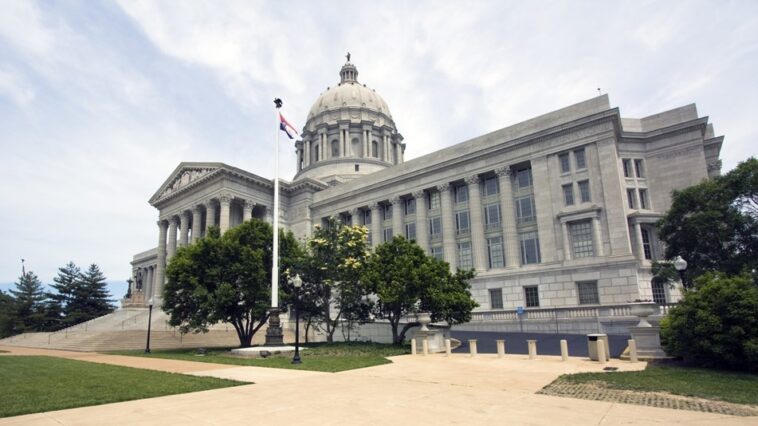A proposed gambling expansion in Missouri seeking to approve video lottery has led to controversy between parties with an interest in the state’s gaming industry. VLT promoters argue an approval would report revenue of $1.1 billion in the first five years, stating it would prove a more profitable decision than legalizing sports gaming. On Wednesday, sports betting legislation moved forward to the full House for consideration.
According to a new report from Morowitz Gaming Advisors LLC and Global Gaming & Hospitality Capital Advisors LLC, commissioned by game vendors, approval would produce more than 10 times the state revenue of sports wagering and drive cash-prize video games of debated legality out of the Show Me State, reports Missouri Independent.
Contrastingly, VLT supporters argued during a hearing of the House Special Committee on Public Policy that sports betting would generate between $10 to $15 million annually, less than $100 million over five years, based on a report commissioned by the MO Coalition for Video Lottery.
Last year, Missouri legislators sought to expand gambling through sports betting and video lottery by often tying both verticals in the same bills. This strategy, now deemed by many as not the appropriate approach, is leading to separate efforts this year, as well as stakeholders positioning themselves in opposing camps.
A potential sports betting legalization has been gaining momentum for this year, now supported by a coalition of both casinos and pro sports teams, as stakeholders agreed in January to lobby together. House Bills 2502 and 2556 have now advanced to the full House on Wednesday, after the proposal emerged from the House Special Committee on Public Policy on a 4-2 vote.
The legislation, which would allegedly bring in more than $96 million in revenue to the state and $10.8 million to local governments, allows each of Missouri’s 13 casinos to offer wagering on sporting events -including college sports- at a 10% tax rate. It also permits teams to offer betting at their stadiums through partnerships with operators.
An amendment barring betting on high school athletic events has now been added, reports St. Louis Post-Dispatch. While some lawmakers expressed concerns about a spike in problem gambling cases, Rep. Dan Houx, R-Warrensville, who is sponsoring the measure, said the plan will ensure a steady stream of money for treatment via a tax paid by the casinos and teams.
The proposal no longer being tied to video lottery is also seen as a positive development by sports gaming backers. “To have this legislation stand on its own, with VLTs debated on a separate track, we feel that we have the best chance of getting something done this year,” Cardinals President William DeWitt III told the House Special Committee last week.
The separation was also essential for casinos to show their support: they protested a VLT expansion as they see it as a potential threat to their business. However, the process of running both proposals in separate legislation might not be without its issues.
Sports gaming supporters claim VLT backers are attempting to kill their legislation while seeking to convince lawmakers that they would be the best choice in terms of producing the most money for state education programs. Video lottery bills set aside 32% of net revenue for state education and 4% for local governments.
Additionally, video lottery operators argue legalization would drive controversial “pre-reveal” gaming machines out of business. A similar argument is being leveraged by sports gaming supporters, who claim passage of a bill would help Missouri keep revenue currently going to the black market or other states.
The issue of “pre-reveal” gaming machines has been a long-standing one. Last month, officials for Missouri’s 13 cities that have casinos called for a crackdown on these machines, which operate in a gray area, in an unregulated and untaxed manner. Pre-reveal games companies argue players can find out if they will win the next game before putting any money, thus not making them “games of chance.”





